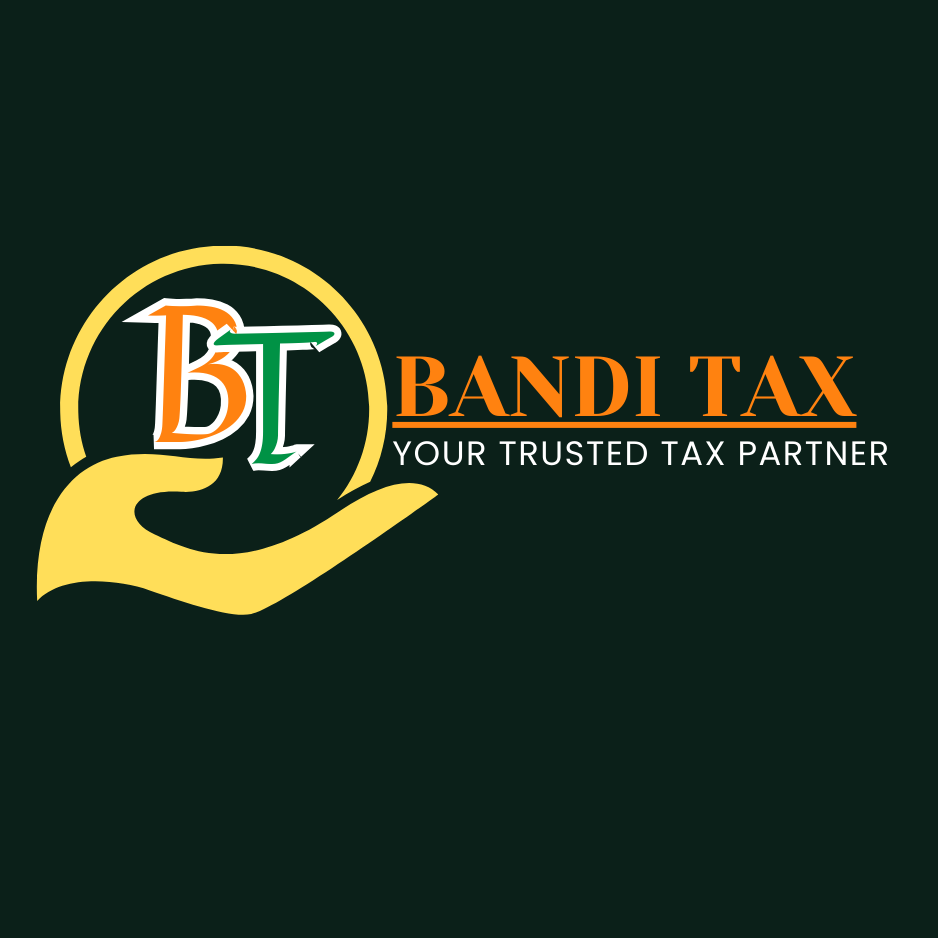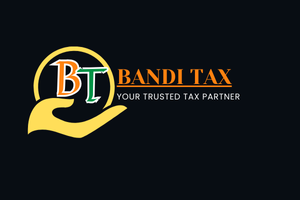DSC


Digital Signature Certificate (DSC)
Digital Signature Certificates (DSC) are the electronic counterparts of physical certificates like driver’s licenses or passports. They serve as proof of identity in digital form and are used for online activities such as accessing information, services, or digitally signing documents. DSCs provide a secure and legally recognized way to authenticate individuals in the digital realm.
- E-Governance
- Digital Contracts and Agreements
- Income Tax Filing
- Company Filings
- E-Tendering and E-Procurement
- Online Authentication
- Digital Signatures on Documents
- Access to Online Services
- Online Document Signing
- Legal and Regulatory Compliance
There are three types of DSCs available in India currently:
- Class 2 DSC
- Class 3 DSC
- Class 3 Combo DSC
Class 2 DSC is the most basic type of DSC and is intended for individual use. It is suitable for signing electronic documents such as income tax returns, GST returns, and e-contracts.
Class 3 DSC is more secure than Class 2 DSC and is intended for organizational use. It is suitable for signing electronic documents such as e-tenders, company and LLP documents, and digital certificates.
Class 3 Combo DSC is the most secure type of DSC and is intended for both individual and organizational use. It is suitable for signing all types of electronic documents, including those that involve large sums of money or sensitive data.
Validity: DSCs are typically valid for one to three years.
DSCs offer a number of benefits, including:
- Authentication: DSCs can be used to authenticate the identity of the person signing an electronic document.
- Integrity: DSCs can be used to ensure that an electronic document has not been tampered with since it was signed.
- Non-repudiation: DSCs can be used to prevent the person who signed an electronic document from denying that they did so.
DSCs play an important role in promoting digital security and trust in electronic transactions.
Here are some of the benefits of using a DSC:
- Security: DSCs use public key cryptography to ensure the security of electronic documents.
- Convenience: DSCs can be used to digitally sign electronic documents from anywhere in the world.
- Legality: DSCs are legally valid in India and are accepted by all government and private organizations.
- Cost-effectiveness: DSCs are relatively inexpensive and can save you time and money on paperwork and postage.
If you are involved in any type of electronic transactions, it is highly recommended that you obtain a DSC.
Class 3 Combo DSC is the highest level of DSC in India. It provides the highest level of security and is required for certain types of electronic transactions, such as:
- e-Tendering
- Filing company and LLP documents with the MCA
- Signing digital certificates
- Authenticating online transactions involving large sums of money
Document Required
- DSC Token (5 Quantity)
- DSC Class 3 Combo – 2 Years – With Token (Third Party Charges Extra – 2400)
- DSC Class 3 Combo – 2 Years – Without Token (Third Party Charges Extra – 2400)
- DSC Class 3 Govt. Combo – 2 Years – With Token (Third Party Charges Extra – 2400)
- DSC Class 3 Govt. Combo – 2 Years – Without Token (Third Party Charges Extra – 2400)
- DSC Class 3 Signature for Individuals – 2 Years – With Token (Third Party Charges Extra – 1150)
- DSC Class 3 Signature for Individuals – 2 Years – Without Token (Third Party Charges Extra – 1150)
- TDSC Class 3 signature for Organisations – 2 Years – With Token (Third Party Charges Extra – 1150)
- DSC Class 3 Signature for Organization – 2 Years – Without Token (Third Party Charges Extra – 1150)
- Mobile No./Email Id
- Registered office address
- Pan Card/Aadhar Card
- Mobile No./Email Id
- Passport Size Photograph
- Pan Card/Aadhar Card
- Mobile No./Email Id
- Passport Size Photograph
- Pan Card/Aadhar Card
- Mobile No./Email Id
- Passport Size Photograph
- Govt Id Proof of Authorized Signatory
- Letter of authorization (Must in letter Head)
- Pan Card/Aadhar Card
- Mobile No./Email Id
- Passport Size Photograph
- Govt Id Proof of Authorized Signatory
- Letter of authorization (Must in letter Head)
- Passport Size Photograph
- Passport Size Photograph
- Pan Card/Aadhar Card
- Copy of Organization pan card
- Copy of Incorporation Certificate
- Copy Of GST Registration Certificate
- Proof of Authorized Signatory
- aadhar card of Authorized Signatory
- Partnership Deed (in case of partnership)
- LLP Agreement contaning the list of partners (in case of LLP)
- Letter From Organization
- Letter of authorization (Must in letter Head)
- Copy of Bank Statement
- Pan Card/Aadhar Card
- Copy of Organization pan card
- Copy of Incorporation Certificate
- Copy Of GST Registration Certificate
- Proof of Authorized Signatory
- aadhar card of Authorized Signatory
- Partnership Deed (in case of partnership)
- LLP Agreement contaning the list of partners (in case of LLP)
- Letter From Organization
- Letter of authorization (Must in letter Head)
- Copy of Bank Statement

